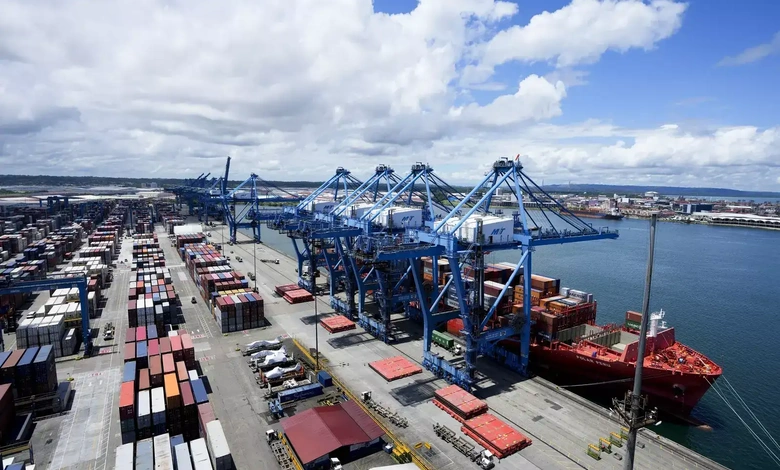India Ends Bangladesh’s Trans-Shipment Privileges: A Boost for Local Exporters

The Indian government has revoked a trans-shipment arrangement that previously allowed Bangladesh to route its export cargo to third countries via Indian land customs stations, ports, and airports, according to a recent circular from the Central Board of Indirect Taxes and Customs (CBIC). The decision, effective immediately as of April 8, terminates a policy introduced in June 2020, though cargo already in transit through India will be permitted to exit under the prior guidelines.
The move follows persistent appeals from Indian exporters, particularly in the apparel industry, who argued that the facility strained domestic logistics and disadvantaged their competitiveness. Bangladesh, a key rival in the textile market, had leveraged the arrangement to streamline trade with nations like Bhutan, Nepal, and Myanmar. However, Indian stakeholders, including the Apparel Export Promotion Council (AEPC), highlighted operational bottlenecks, such as congested cargo terminals and inflated air freight rates, especially at Delhi’s IGI Airport.
AEPC Chairman Sudhir Sekhri previously noted that 20-30 trucks from Bangladesh arrived daily at the Delhi Air Cargo complex, causing delays and hampering the timely processing of Indian exports. “This withdrawal will free up air capacity for our cargo,” said Ajay Sahai, Director General of the Federation of Indian Export Organisations (FIEO). “Exporters have long complained about limited space due to Bangladesh’s trans-shipment privileges.” Trade experts suggest the decision could bolster sectors like apparel, footwear, and gems and jewellery, where India competes directly with its neighbor.
The timing coincides with heightened trade tensions, as the United States has recently imposed broad tariffs on goods from both India and Bangladesh. While the earlier policy had facilitated efficient transit for Bangladeshi exports, its cancellation is poised to complicate logistics for Bangladesh’s third-country trade. Ajay Srivastava, founder of the Global Trade Research Initiative (GTRI), warned that Bangladeshi exporters could now face delays, rising costs, and uncertainty. He also pointed out potential ripple effects for landlocked Nepal and Bhutan, whose trade with Bangladesh may suffer due to restricted transit access.
Srivastava further emphasized India’s obligations under World Trade Organization (WTO) rules, which mandate unrestricted transit for goods to and from landlocked countries without delays or duties. Both India and Bangladesh, as WTO members, are bound by these principles, raising questions about the broader implications of the policy shift.
For Indian exporters, the decision marks a strategic win, alleviating pressure on critical infrastructure and leveling the playing field in key markets. However, the abrupt change could strain trade relations with Bangladesh, a neighbor reliant on Indian routes for global connectivity. As the dust settles, the focus will likely turn to how both nations adapt to this new logistical reality.




